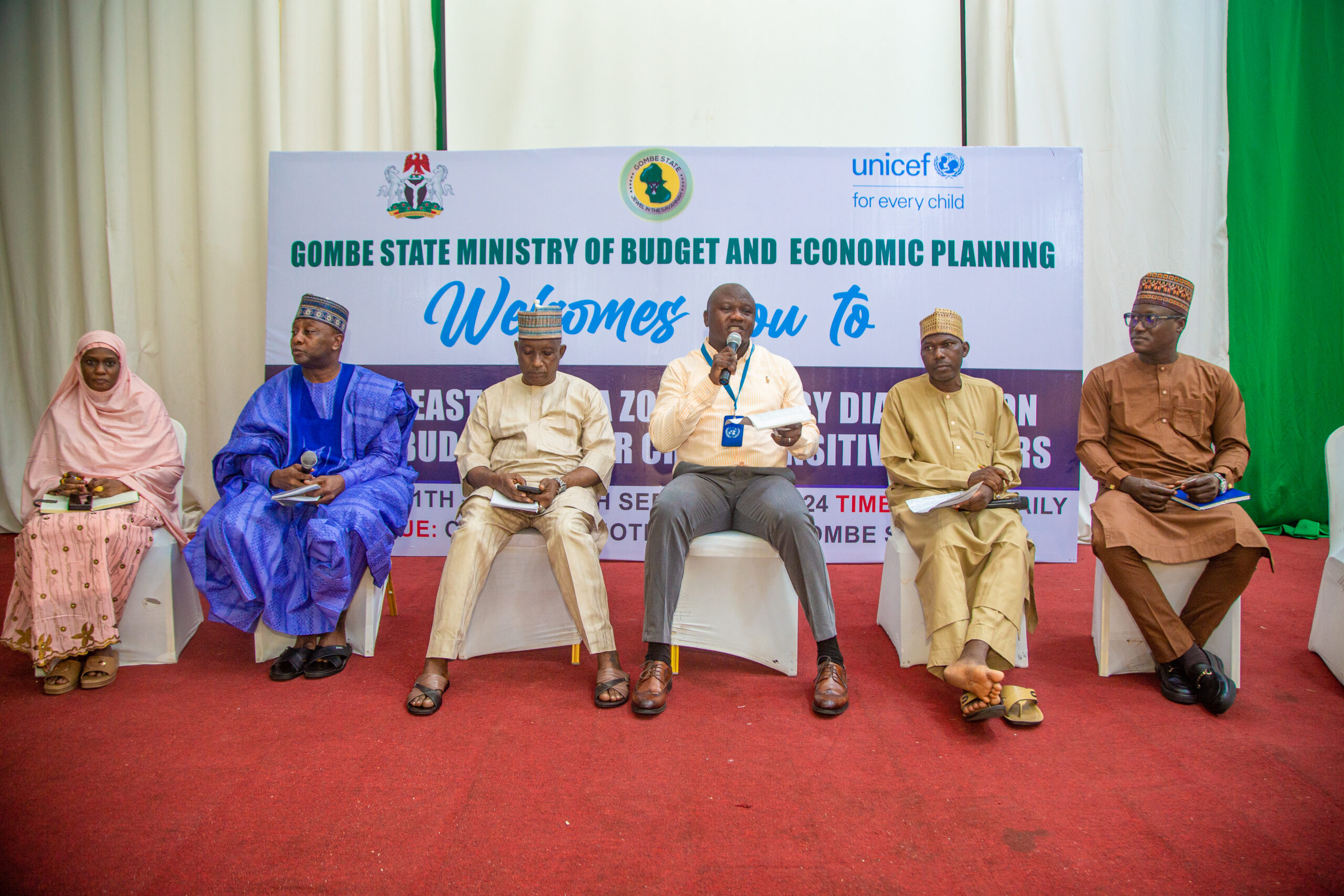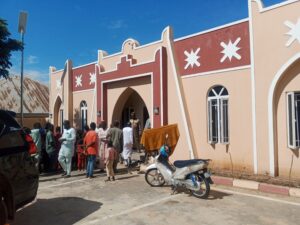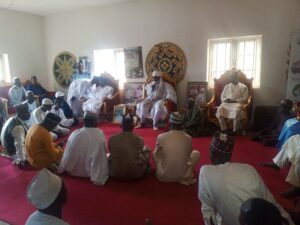
By Tasi’u Hassan
Policy makers have advocated for increased investment in human resources for health and upgrade of health facilities and investment in nutrition through matching funds for Nutrition Funding.
The policy makers, including commissioners and permanent secretaries from ministries of budget and economic planning, health, education, women affairs and local government affairs of Adamawa, Bauchi, Borno, Gombe, Taraba and Yobe States made the call in a communique issued at the end of a Northeast States Strategic Policy Dialogue On Budgeting For Child Sensitive Sectors in Nigeria.
During the policy dialogue organized by UNICEF in Gombe, the policy makers analyse various issues to include the state of children and women indicators in the six states of the Northeast, the concept of budgeting for children, challenges to effective education, health, social protection, nutrition and WASH sectors budget allocation, utilization and service delivery among other key issues.
At the end of the two-day dialogue, the policy makers identified key issues/gaps.
The key issues identified include: high rate of Out- of-School Children and low learning outcomes in the region, challenges with data management leading to poor planning and ineffective service delivery, weak multi- sectoral buy-in and coordination in social service delivery outcomes for women and children.
Other issues identified are inadequate funding for social sector especially with the ever increasing social needs particularly for children and women in key sectors of education, health, social protection, nutrition and WASH. High mortality rate especially in new-born and still birth due to human resources gaps, low investment and funding, burden of malnutrition, severe child poverty, low iron and folic acid supplementation and increasing household poverty, among others.
To effectively address these gaps/challenges, the policy makers recommended:
1. Government should make a commitment by increasing budgetary allocations and release by at least 2% annually to the social sector.
2. Increase investment in human resources for health and upgrade of health facilities and investment in nutrition through matching funds for Nutrition Funding.
3. Strengthening of the States Bureau of Statistics, EMIS Offices and National Health Demographic Survey (NDHS).
4. Improve family support and empowerment through Conditional Cash Transfer, Farm inputs subsidy, soft loans to women, enrollment of poor and vulnerable into the contributory health care scheme, free education, second chance education etc.
5. Establishment of directorates/agencies for Out of School Children and scaling up of
foundational literacy and numeracy.
6. Strengthening of multi-sectoral buy-in and coordination in social service delivery outcomes for women and children.
The policy dialogue had over 120 participants from the six states of the Northeast states in attendance.


